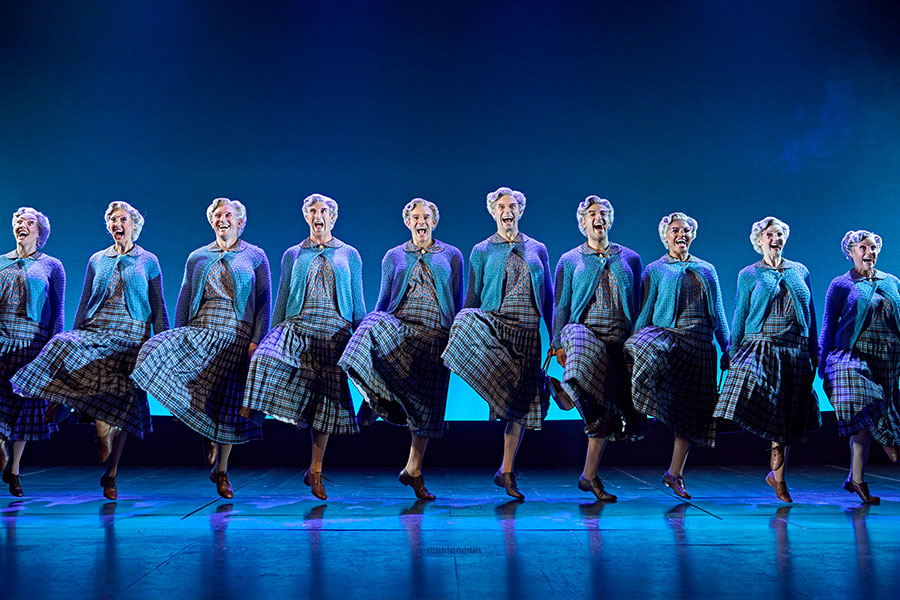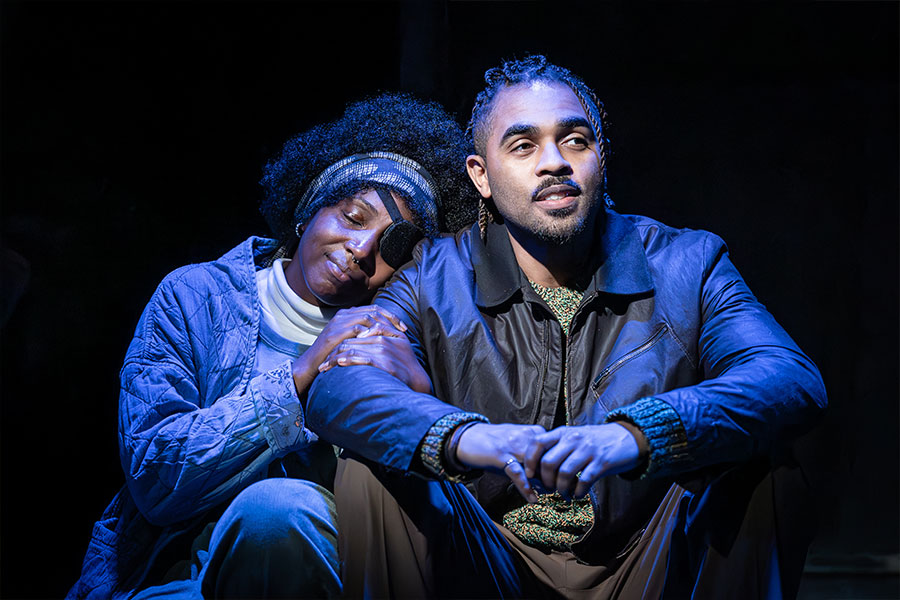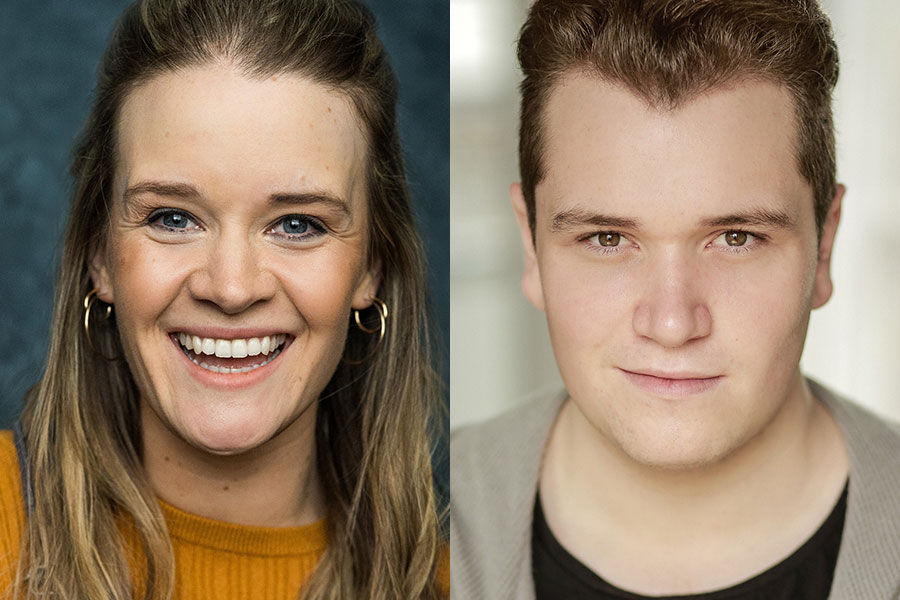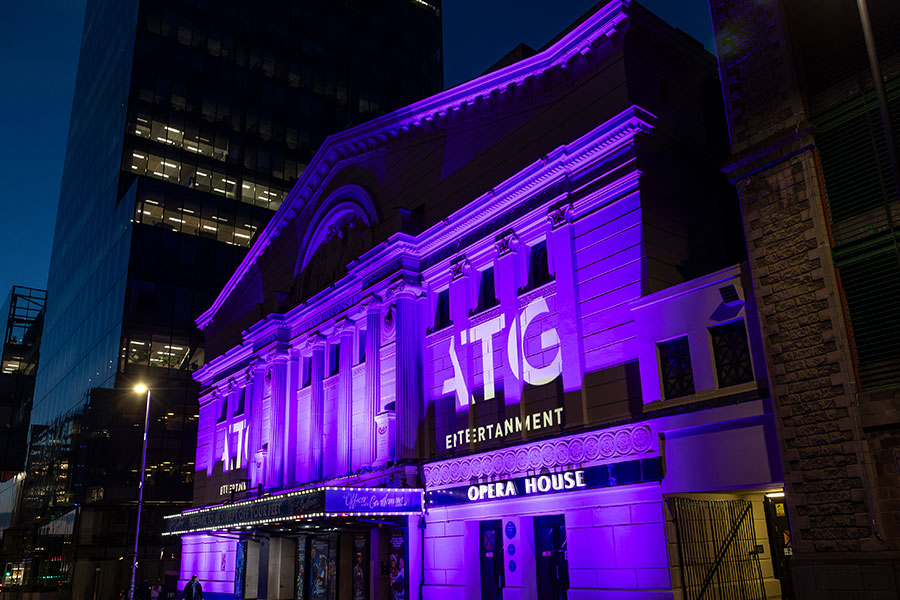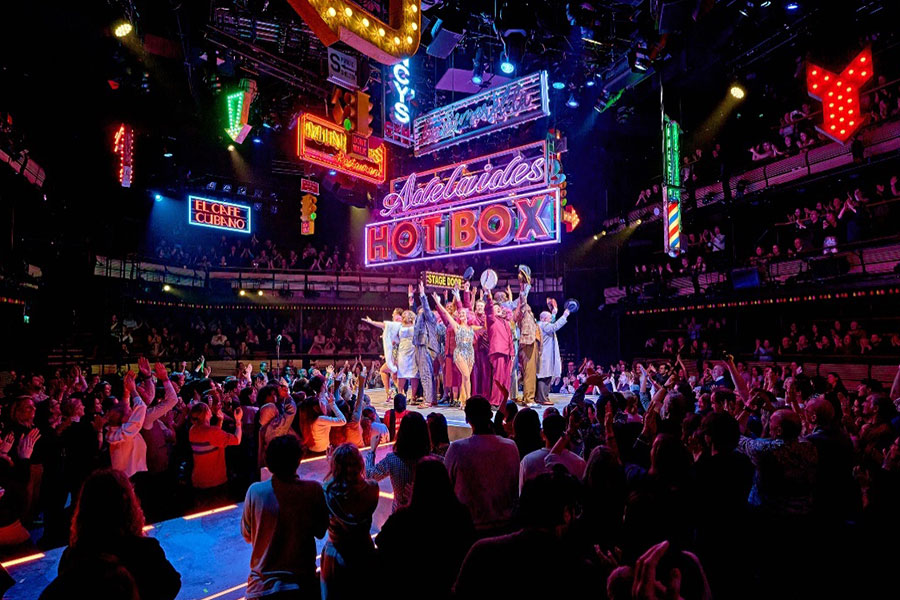Hotel Medea
Hotel Medea defies the vocabulary of a critic, and to some extent the critical mindset along with it – the sense of community and shared experience this six-hour production creates can make it hard to think objectively about.
This production’s emphasis on thoroughgoing audience participation and group dynamics makes criticism feel even more of a betrayal, but while its emotionally varied, multi-sensory offerings are engaging, valuable, even revelatory, there remain areas of weakness.
What Hotel Medea does exceptionally well is to involve you in its action – we dance, sing, run and hide our way through a series of acts and vignettes retelling an updated version of the Greek myth of Jason and Medea. It moves through three major segments – a tense, tribal encounter which segues into the protagonists’ ritualistic wedding, a lower-key and sinister look at Jason and Medea’s crumbling marriage from all angles, and the harrowing denouement, replete with murder, poison and betrayal. Then you get breakfast.
The opening act, which can also be experienced by itself, shows Hotel Medea to best effect. Characterised by high-energy dance routines, exciting costumes and the rhythmic throb of communal conflict and celebration, it makes you feel a seamless part of what’s going on. The performers are able to manage the scenes and guide the audience smoothly and unobtrusively, and the narrative is easy to follow.
These virtues become less evident in the later sections, which include more exposition and lengthier set-pieces. Though the stint in which the audience is cast as Jason and Medea’s children and duly put to bed with hot chocolate and a hair-stroking maid is arguably the most intimate and memorable part of the whole thing, and the ending is excellent, overall the latter parts flag.
Most of Hotel Medea‘s bite comes from spectacle and sensory experience – the script is oddly inarticulate (particularly for the the embarrassingly profane Jason) and in the course of jumping between different participatory elements some of the narrative is lost. The question “what’s happening, and why?” doesn’t really occur in the thick of performance, but if it did I’m sure a lot of us would struggle to answer.
This doesn’t necessarily matter a lot – Hotel Medea provides something rarer and more affecting than Wikipedia-level knowledge of the Medea myth, but a better synthesis of performance and narrative would make for a crucial improvement.
I saw this show last year in Edinburgh and liked it enough to come back – a second night’s stay has woken me up to some of the creaks and unpolished surfaces in the hotel, but it remains a unique and fantastically engaging way to spend the least-used hours of the day.




